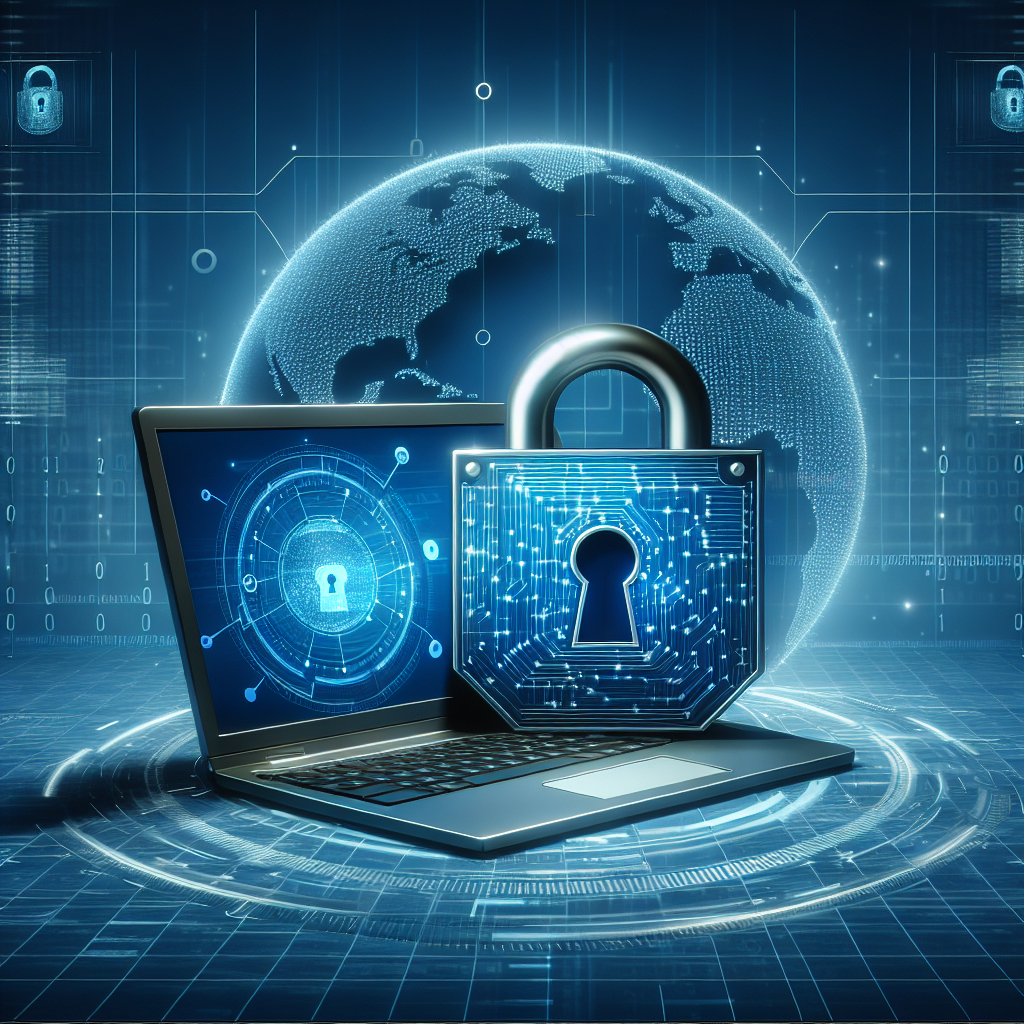Your cart is currently empty!
Cybersecurity for Remote Work: Ensuring Data Security in a Virtual Environment

As the world continues to adapt to the new normal of remote work, the importance of cybersecurity in a virtual environment has become more crucial than ever. With employees working from various locations and accessing company data through different devices, the risk of cyber threats has significantly increased. Ensuring data security in a remote work setting is essential to protect sensitive information and prevent data breaches.
One of the key challenges of remote work is the lack of control over the security measures in place on employees’ personal devices. Without the protection of a secure office network, employees may be more vulnerable to malware, phishing attacks, and other cyber threats. To mitigate these risks, organizations must implement robust cybersecurity measures to safeguard their data.
One of the first steps in ensuring data security for remote work is to establish clear policies and guidelines for employees. This includes setting up strong passwords, using multi-factor authentication, and regularly updating software and security patches. Employees should also be educated on the importance of cybersecurity best practices, such as avoiding clicking on suspicious links or downloading unknown attachments.
Another important aspect of cybersecurity in a virtual environment is the use of secure communication tools. Encrypted messaging platforms and virtual private networks (VPNs) can help protect sensitive information during remote work. It is also essential to secure company data with strong encryption methods to prevent unauthorized access.
Regular monitoring and auditing of remote work systems are crucial to detect any potential security breaches or vulnerabilities. Implementing intrusion detection systems and conducting regular security assessments can help identify and address any weaknesses in the organization’s cybersecurity posture.
In addition, organizations should have a robust incident response plan in place to effectively respond to any security incidents that may occur during remote work. This includes having a designated team responsible for handling cybersecurity incidents, as well as clear procedures for reporting and responding to data breaches.
Overall, ensuring data security in a virtual environment requires a proactive approach to cybersecurity. By implementing strong security measures, educating employees on best practices, and regularly monitoring and auditing systems, organizations can protect their sensitive information and prevent data breaches in a remote work setting. By prioritizing cybersecurity, organizations can continue to operate efficiently and securely in the age of remote work.

Leave a Reply